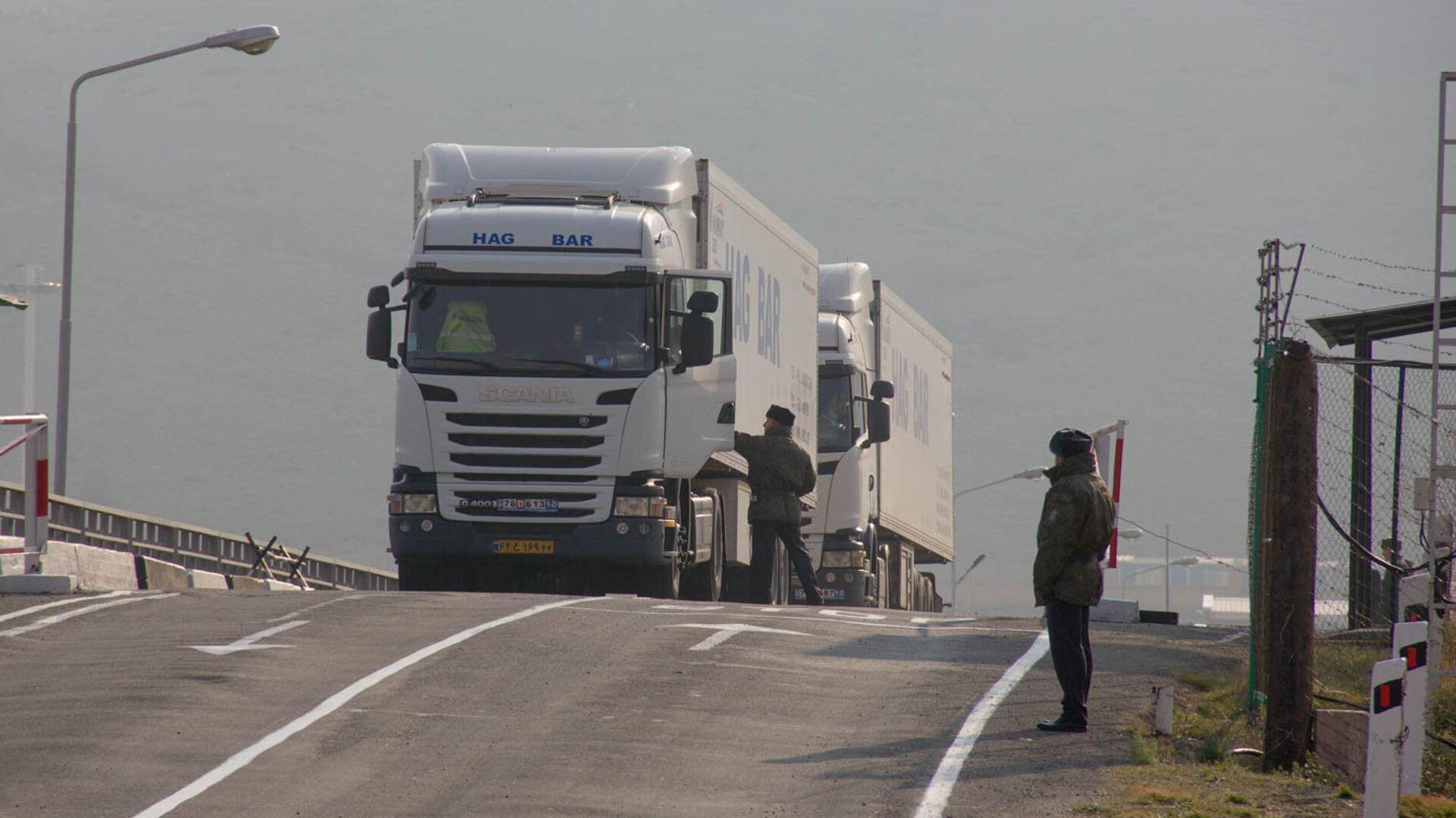Border incident reinforces Azerbaijan's stance on Zangazur corridor security Post-conflict focus
In the post-conflict period, the Zangazur corridor holds a special place in Azerbaijan's agenda. This is not by chance, as this route plays a strategic role for the future provision of uninterrupted land communication between mainland Azerbaijan and the Nakhchivan Autonomous Republic. Additionally, the opening of the Zangazur corridor will create new opportunities for the entire region from a transport perspective.
Baku has repeatedly emphasized the importance of ensuring the security of the corridor. According to the trilateral statement of November 10, 2020, the security of movement along the Zangazur corridor should be ensured by Russian border guards, which the Armenian side actively resists.
However, Azerbaijan's position is absolutely logical and justified, as confirmed by the egregious incident that took place on the Armenian-Iranian border with ethnic Azerbaijani Umid Imangulizade. This incident once again highlighted the validity of Azerbaijan's stance on ensuring the security and reliability of this important transport corridor.
According to reports, Armenian guards and, according to some sources, Armenian customs and border guards brutally beat the driver of a lorry, Umid Imangulizade, as he tried to cross the border zone. The driver was seriously injured, and the ambulance did not arrive until several hours later.
This incident once again raises the issue of the Armenian side's inability to ensure the safety of Azerbaijanis, even if they are citizens of Iran. What would happen if it was an Azerbaijani citizen? The answer is obvious. Moreover, this case vividly demonstrates the deep-rooted nationalism in Armenia and anti-Azerbaijani sentiments, which are manifested at various levels of society and state structures.
The Zangazur corridor, a key transport route, has repeatedly been the subject of heated disputes between Azerbaijan and Armenia. Despite the official agreements, the implementation of commitments on the corridor is still being obstructed by the Armenian side. In light of the latest incident, the need to introduce security mechanisms with the assistance of third parties becomes obvious. Such an approach will minimize risks and prevent further incidents.

In addition, the passage of Azerbaijani citizens through the Zangazur corridor should be not only safe but also unimpeded, meaning the movement of citizens from one part of the country to another should exclude customs and border inspections. The case of the Iranian citizen once again confirms Azerbaijan's concerns about the safety of citizens who will use the Zangazur corridor in the future.
One more important aspect that Baku regularly emphasizes is that our key priority is to ensure the security and freedom of movement of our citizens, not territorial claims. As President Aliyev has repeatedly noted, "he is already tired of saying that Baku has no plans to cut through the Zangazur corridor by force of arms."
In conclusion, we note once again that the tragic incident involving an Iranian citizen of Azerbaijani origin serves as a reminder of the need for strict control and implementation of all agreements to prevent similar incidents in the future.
Effective cooperation and third-party involvement in ensuring security are key elements for creating a stable and safe transit route through the Zangazur corridor. It is important that all parties realize their responsibilities and take the necessary measures to ensure peace and stability in the region.








